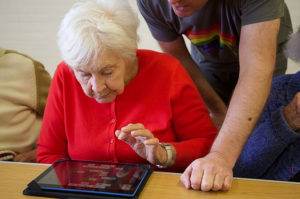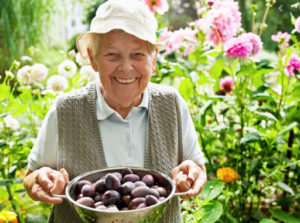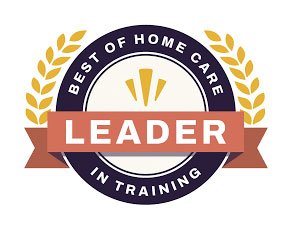
Although no one wishes to get sick, preparing for a life-limiting illness is something that you should not be afraid of. After all, you will surely want a comfortable and safe care environment when this moment happens. In fact, knowing what options are available for care is a way of preparation, and we are here to help you understand how the different options work.
Typically, you and your family have two choices to consider, depending on the specific stage of the disease: hospice care and palliative care.
But how do these two options work? In this article, we will share their differences to help you determine the best option suitable for you and your family’s needs:
Hospice Care
Hospice care is a compassionate type of comfort given to patients who have a terminal illness and a prognosis of six months or less to live if their disease runs its expected course. It focuses on the quality of life for people experiencing an advanced life-limiting illness. It is not curative, but it treats the person and symptoms of the disease rather than treating the disease itself. Here are several other vital pieces of information to consider:
- Coverage: Medicare, Medicaid, and most types of private insurance cover hospice care 100 percent. Patients undergoing hospice care can include medication (related to their diagnosis), equipment, nursing, chaplain visits, grief support and nursing included in their insurance.
- Eligibility: It is required for two physicians to certify that the patient is expected to live for six months or less if their disease follows its normal course to be eligible for hospice care.
- Location of Care: Patients who undergo hospice care are typically located at a patient’s home or in independent/assisted living facilities.
Palliative Care
Palliative care, on the other hand, offers comfort care with or without curative intent. It is specialized medical care for people living with serious illness, and it is focused on providing relief from the symptoms and stress of the disease. Those who offer palliative care can provide care at home or work in a hospital.Palliative care offers a specially-trained team of doctors, nurses, and other specialists who work together with a patient’s other doctors to provide extra support. Palliative care must be based on the needs of the patient, not on the patient’s prognosis. Here are the aspects to consider regarding palliative care:
- Coverage: This care type depends on the patient’s insurance plan. Although some private insurance providers cover certain types of palliative care, patients may still have to shoulder some co-pays.
- Eligibility: It is the physician’s discretion if the patient can begin palliative care, regardless of their current stage of illness and whether or not their condition is terminal.
- Location of Care: A patient can receive palliative care in hospitals, outpatient palliative care clinics, nursing homes, or homes.
Contact Hospice Care Team in Georgia
No matter what type of care you choose, keep in mind that both options are still aimed at relieving pain and symptoms in patients with life-limiting diseases. The goal is to improve the quality of life, so it is ideal to choose reliable hospice care in your locality.
If you are looking for the best care for you and your loved ones, Golden Rule Hospice can provide the quality of life you need. Our company focuses on returning compassionate care and dignity to patients while giving home health services in Atlanta, GA. Contact us at (470) 395-6567 today for a free consultation to find out how we can support you!






